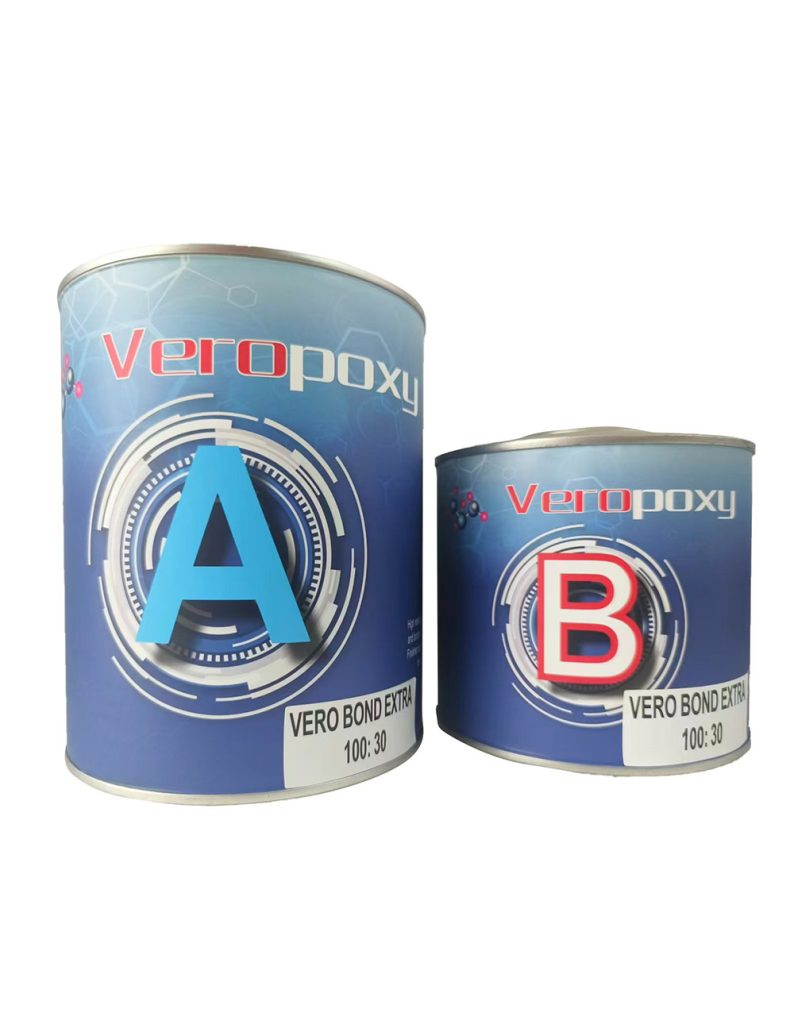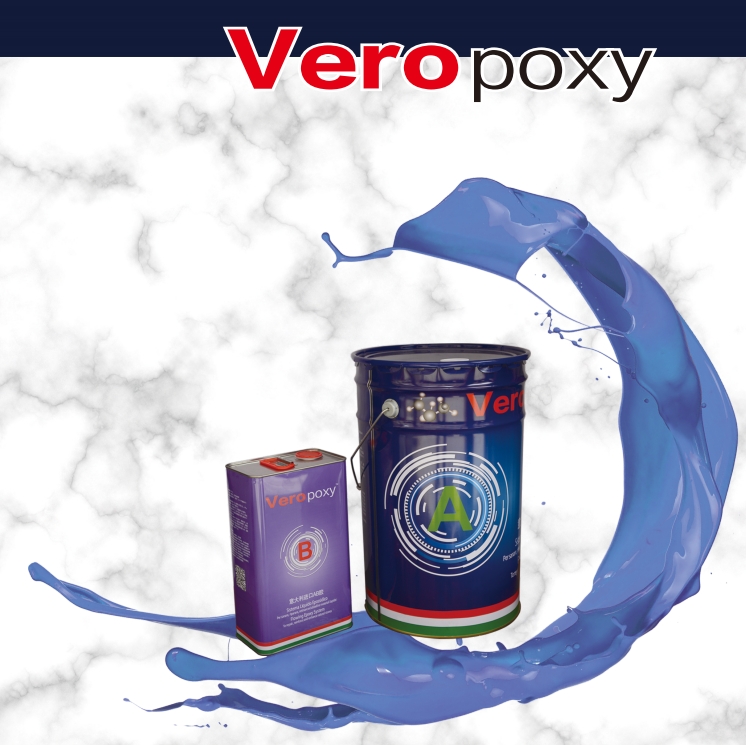Excellent performance of epoxy resin makes it very common in the building sector. From flooring and waterproofing materials to structural adhesives to paint protection, epoxy resin’s adaptability makes it very essential in contemporary building projects.

Epoxy Resin
Epoxy resin: fundamental understanding
Made via chemical interaction of epoxy components and curing agents (hardeners), this is a typical thermosetting resin. Excellent mechanical strength, great bonding performance, corrosion resistance, high temperature resistance and electrical insulation define it. Epoxy resin’s stable three-dimensional cross-linked network formed by interacting with the curing agent permits it to have hard and durable qualities by means of molecular structure. Apart from the bonding of structural components, this resin is extensively used in many ornamental and protective coatings. Consequently, in the building sector it has evolved into an absolutely valuable resource.
Use in building construction
Mostly because of its great adhesion and strong strength performance, it is often utilized in structural adhesives and reinforcing materials in building constructions. Being an adhesive, it may not only provide strong bonding between many materials but also function effectively in demanding or damp surroundings. It may be used to create a strong and long-lasting link by bonding concrete, steel, wood, glass and other elements under building.
Furthermore, epoxy resin’s great strength and durability enable it to be used in reinforcement of construction projects. Higher strength composite materials—which are extensively employed in the reinforcing of bridges, tunnels, buildings and other constructions—can result from epoxy resin coupled with steel fiber or carbon fiber materials. This reinforcing material not only increases the building’s carrying capacity but also helps to considerably prolong its service life.
Epoxy resin as a coatings anti-corrosion
In construction, particularly in coastal conditions or humid surroundings where building materials are prone to corrosion, anti-corrosion is very vital. Often employed as an anti-corrosion coating to guard metal, concrete and other construction components from the outside environment, it has outstanding anti-corrosion qualities. It may stop the deterioration of acids, alkalis, salt water, oils and other substances as well as slow down the exterior material aging of the structure.
Special settings such chemical facilities, oil fields, and offshore platforms may benefit much from epoxy resin anti-corrosion coatings. High hardness, great adhesion, and resistance to wear enable epoxy resin coating to not only shield the structure from corrosion but also enhance its look and lengthen the building’s service life.
Boost the building floor’s performance
Particularly in industrial buildings, warehouses, laboratories, and retail centers, the usage of building floor is become more frequent. One benefits from epoxy flooring very extensively. Strong compressive strength, wear resistance, corrosion resistance, chemical resistance define epoxy resin floor. Apart from its simplicity and durability, it greatly enhances the appearance of the surroundings.
Usually using self-leveling technology, floors create a flawless, flat and smooth ground that not only strengthens the ground but also raises its anti-slip quality and lowers the wear-induced hazard. Epoxy resin floor has also been extensively utilized in the floor design of commercial and industrial environments at the same time as it has a range of colors and is very ornamental.
Benefits for creating waterproofing
The building’s waterproofness directly influences its structural durability; thus, its use in the area of waterproofing is quite important. It may provide a smooth waterproof membrane with excellent sealing capacity, thereby preventing water intrusion. It is particularly appropriate for basements, bathrooms, kitchens, roofs, and other prone to water damage areas.
It boasts better anti-penetration capacity and more adherence than conventional waterproof materials. Apart from a range of substrates, including concrete, bricks, tiles, etc., it can also adjust to various temperature and humidity conditions to provide long-term and efficient waterproof protection. Furthermore, the surface is smooth, simple to clean, and not easy for bacterial and mold reproduction after the epoxy resin waterproof covering sets.
Use in decorating
It finds somewhat extensive use in architectural embellishment. One may create many beautiful decorations, furniture surfaces, wall coatings, etc. from it. Epoxy resin is a common medium in art decorating and contemporary house design because of its transparency, glossiness, and simple coloring ability.
It may be used with metal, wood, stone and other materials to build a stunning composite effect; it can also be utilized to manufacture creative flooring to provide distinctive visual effects. Furthermore perfect for high-frequency usage areas like kitchens and bathrooms is epoxy resin’s stain resistance and simplicity of cleaning.
Sustainable development and environmental preservation of epoxy resin
As environmental consciousness rises, the building sector is giving environmental performance of materials more and more importance. Being a sustainable material, it has little effect on human health and does not emit any dangerous gasses once cured. It also exhibits high recyclability. Low volatile organic compounds (VOC) epoxy resin formulations created by several manufacturers help to further lower environmental pollutants during usage. In terms of sustainability, by raising building energy efficiency, it may not only prolong the service life of buildings and lower the frequency of repairs and replacements but also help to lower long-term maintenance expenses. Epoxy resin is therefore a key component of sustainable architecture and green buildings.
High resilience to temperature and to weather
Another major benefit of its use in building is the performance in high temperature resistance and weather resistance. Structural materials in many building projects, particularly in hot or harsh weather situations, are sensitive to temperature variations. Epoxy resin’s great temperature resistance helps it to resist deformation or damage of materials resulting from thermal expansion and provide steady performance in demanding environments. Particularly kitchens, power equipment and chemical processing facilities, the coating and adhesive are very appropriate for buildings under different climatic circumstances as they can resist extreme temperature variations.

epoxy resin
Because of its great performance benefits, epoxy resin has evolved into a basic tool in the building sector. It has demonstrated great application possibilities from structural reinforcement, bonding to coating anti-corrosion, floor construction, waterproofing and decorating. Apart from extending the service life of the construction and strengthening its structural integrity, it offers great look and durability. The employment of epoxy resin will be increasingly widespread in the building industry as technology keeps developing. Its environmental protection, high temperature resistance, weather resistance and other qualities are especially in line with the demands of contemporary buildings for sustainability and performance, and have grown to be a material of great importance in order to advance the building sector.
Post time: 11 月-13-2024

